Voices of Protest and Progress in Country Music
Last month, Rolling Stone ran an op-ed challenging more country singers to embrace the spirit of protest that fueled the international Women’s Marches and Dakota Access Pipeline opposition. Writer Joseph Hudak effectively argued that liberal-minded country artists are in a position to reach conservatives who are less inclined to allow a pop star or rapper’s political musings inside their social media bubble.
In hopes that performers with fans on both sides of the political spectrum follow suit, here’s some additional perspective on modern country and traditional folk music’s frustratingly limited, yet immensely important role in challenging the racism, sexism, ableism, homophobia, and disregard for the environment that propelled Donald Trump to the presidency, and some insight on a number of artists who are already doing just that.
Young Stars Take to Social Media
While women and allies around the world marched in protest on January 21, country upstarts upholding both timeless sounds and progressive values proved they have one thing in common with Trump: they don’t hesitate to speak their minds on Twitter, Instagram, and other social media platforms. As Hudak mentioned, LGBT and weed-friendly artist Kacey Musgraves is among the handful of young Nashville stars using her platform to stand up against social injustice. For instance, she was more than happy to tweet a photo of a Nashville Women’s March sign bearing lyrics from her personal freedom anthem, “Biscuits.”
I see you, Nashville Women’s March..representin’ pic.twitter.com/6nqnpMjmpb
— KACEY MUSGRAVES (@KaceyMusgraves) January 21, 2017
While Musgraves, Margo Price, and others listed by Hudak should be commended for championing women’s issues and general human decency on a platform that’ll be read by their growing audiences, naysayers may dismiss these women as alt-county outsiders, meaning they don’t have industry support or a massive conservative fan base to lose. Otherwise, these young artists might sidestep discussing politics, like established name Wynonna Judd artfully dodged sharing her opinion of half-sister Ashley’s spirited “nasty woman” speech, featuring a poem written by Nina Donavan. That’s not a given at all, considering Maren Morris, a mainstream upstart with crossover appeal and four Grammy nominations for 2016 major label debut Hero, doesn’t shy away from sharing her opinion. And she’s certainly not going to just “shut up and sing” at the behest of internet trolls.
Chely Wright Stands Up
Hudek dismisses country artists’ presumed concerns that they’ll be blackballed from Music Row if they alienate conservative listeners. He’s right again, as there’s no guarantee that the massive radio boycott the Dixie Chicks faced in 2003 after openly opposing then-president and fellow Texan George W. Bush would halt a mainstream career now, considering the massive success Sturgill Simpson and other left-leaning artists have found despite limited commercial airplay.
Then there’s the case of nineties singer, songwriter, and guitarist Chely Wright, who faced fan and industry backlash after coming out of the closet in 2010. Beforehand, the “shut up and sing” crowd surely saw Wright as one of their own, with 2004 pro-military single “Bumper of My S.U.V.” casting her as the anti-Dixie Chick. A singer in a genre lauded for its honesty, Wright did lose fans for being honest, but those disgusted former fans were eventually replaced by empowered new ones as she used her celebrity status to promote anti-bullying efforts. Wright’s stance against bullies extends to the White House, as she’s been railing against Trump since his Presidential campaign first picked up steam.
Watching our president attempt to honor #BlackHistoryMonth is painful. He goes off script and mentions every African American that he knows
— Chely Wright (@chelywright) February 1, 2017
Wright’s new audience, paired with a changing socio-political and musical climate, found 2016 album I Am the Rain netting her second-highest debut ranking on Billboard’s top country albums chart. In short, Wright’s story should give country artists reason to believe that offended fans and country DJs aren’t guaranteed career killers.
Rhiannon Giddens’ Songs of Freedom
Carolina Chocolate Drops member Rhiannon Giddens’ Freedom Highway, out Feb. 24 on Nonesuch Records, contextualizes the issues facing the Black Lives Matter movement by viewing them through an historic lens. Album cut “Better Get It Right the First Time” tells of a young man who was gunned down after a lone misstep. It’s not apparent at first listen if this senseless death happened on an Antebellum plantation or in a modern-day subdivision. It’s telling commentary that justifies fears of history’s ugliest sins repeating themselves and adds to the socio-political discourse within roots-based music.
Dolly Parton’s Allyship
It can be easy to demonize Christianity and traditional conservative values sometimes, especially when the politicization of personal faith breeds short-sighted contempt for women and LGBTQ rights and others’ religious freedoms. Fortunately, there are believers like Dolly Parton who follow the “Golden Rule”—do unto others as you would have them do unto you—without pushing their personal morals or excluding others. The singer, musician, theme park mogul, and philanthropist isn’t a Christian artist per se, but she broke into country music when most established stars had gospel songs in their repertoire and kept her down-home values intact, and released gospel music of her own while achieving country, crossover pop, and Hollywood stardom.
Parton’s recent support of East Tennessee wildfire victims followed years of promoting literacy and providing college scholarships for children and teens in and near her Sevierville, Tennessee home. Furthermore, she proudly embraces the LGBTQ fans who uphold her as a style icon. Unlike liberal country singers with presumably large conservative fan bases, Parton shares her message of brotherly and sisterly love with a more diverse audience that transcends genre and party lines. That’s why feminist band and former Bernie Sanders opening act Tacocat could cut its own boot-scooting take on Parton’s “Why’d You Come In Here Looking Like That?” without a hint of irony.
There’s More Work to Be Done
While it’s encouraging to identify numerous advocates of social justice within a supposedly conservative genre, there are ways country and roots artists can further rail against present-day injustice. For example, the annual environmental fundraiser Farm Aid is synonymous with co-founder Willie Nelson, and hopefully several women from the worlds of country and folk music follow in the footsteps of 2016 participants Margo Price and Alison Krauss when the September, 2017 festival’s lineup is announced. Playing such events will raise funds for worthy causes while spiting Trump’s climate change denying cronies.
Artists can also participate in protests, following the example Bonnie Raitt set when she performed free for the protestors at Standing Rock. If studio time and touring limits an artist’s hands-on involvement, they can contribute a song of protest about conservation, or women’s rights (sharing the spirit of Loretta Lynn’s “The Pill”) or any other issue they feel passionate about.
Historically, country artists have appealed to everyday people by telling stories that set relatable triumphs and turmoil to song. There’s plenty of turmoil in the world now, so there’s ample reason to think that well-informed, progressive-minded songs, stage banter, and Tweets will meet more applause than dissent, even among “red”-leaning listeners.
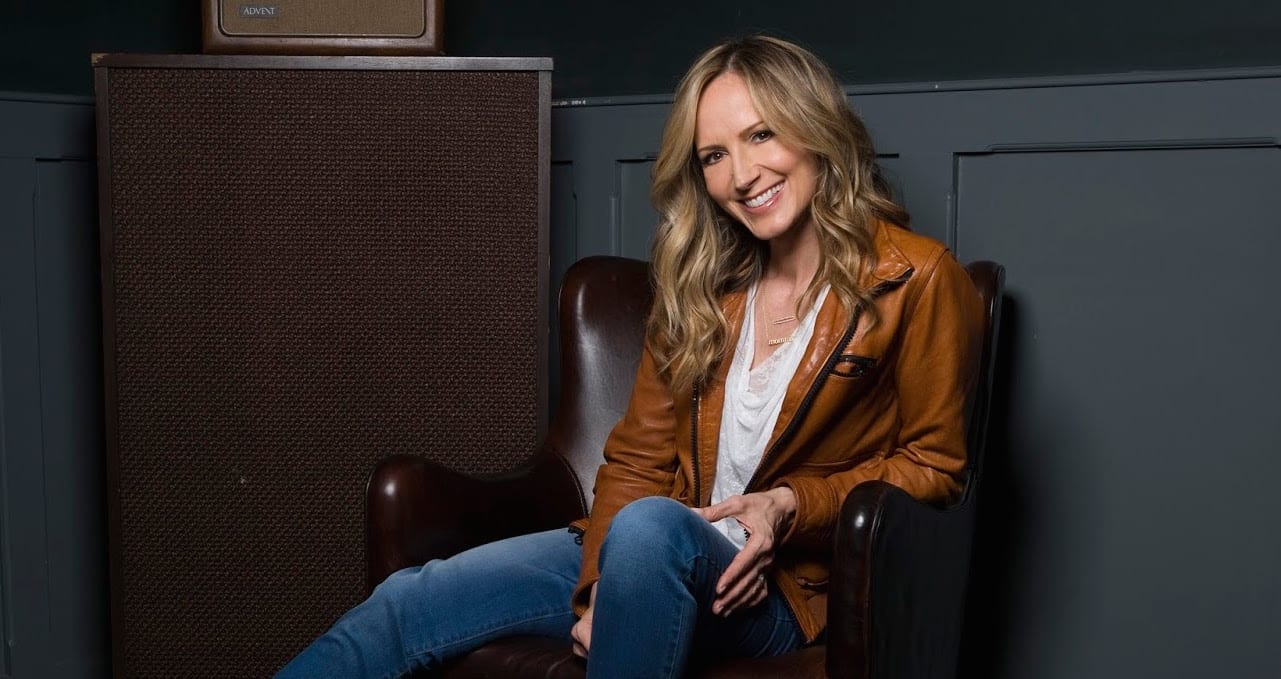

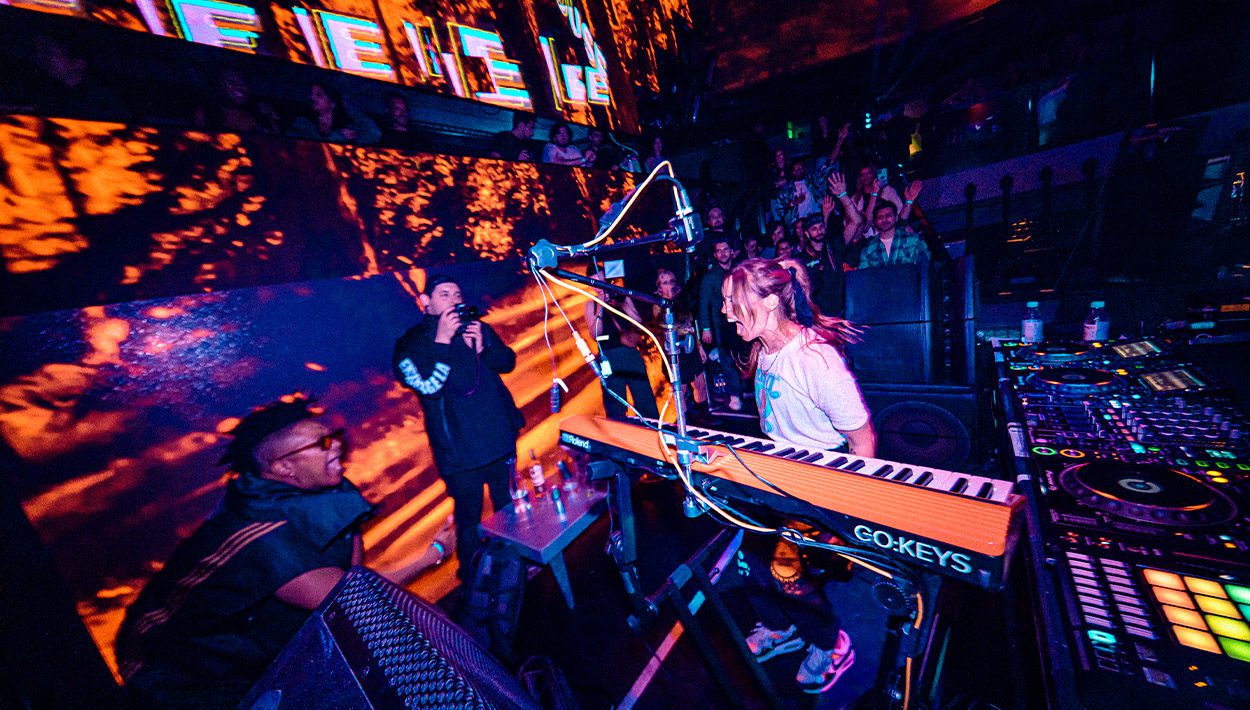
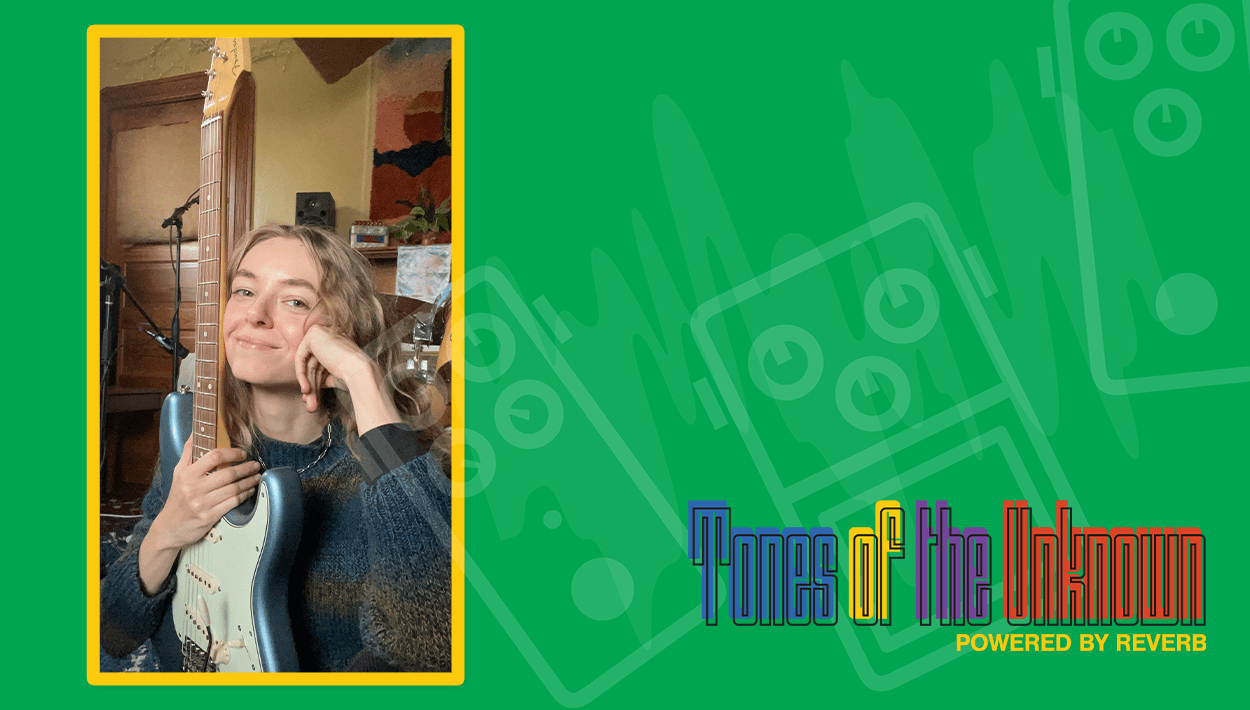
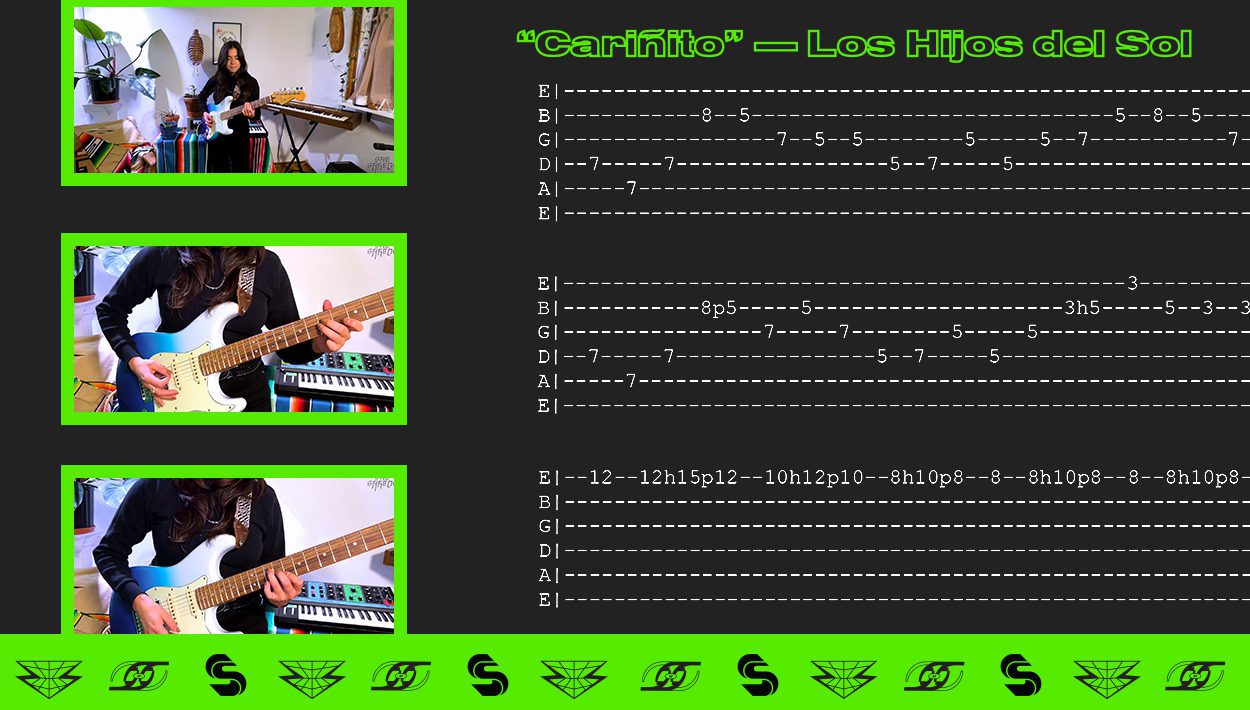
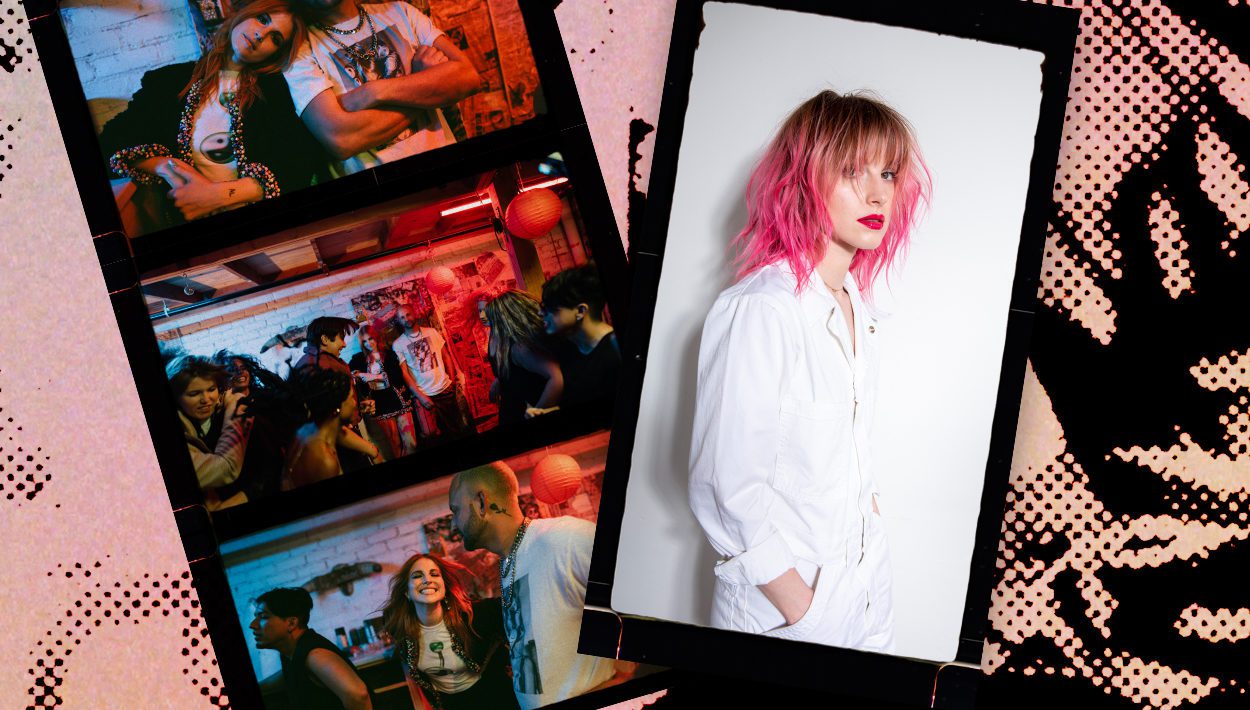

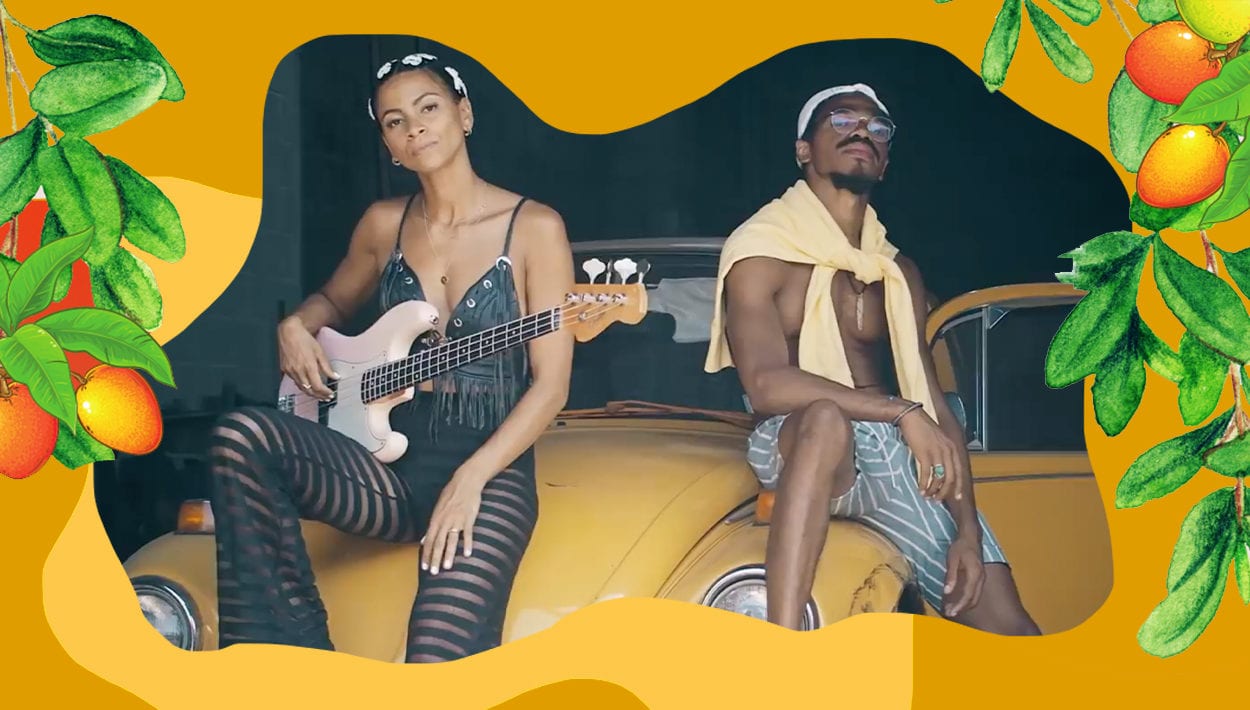
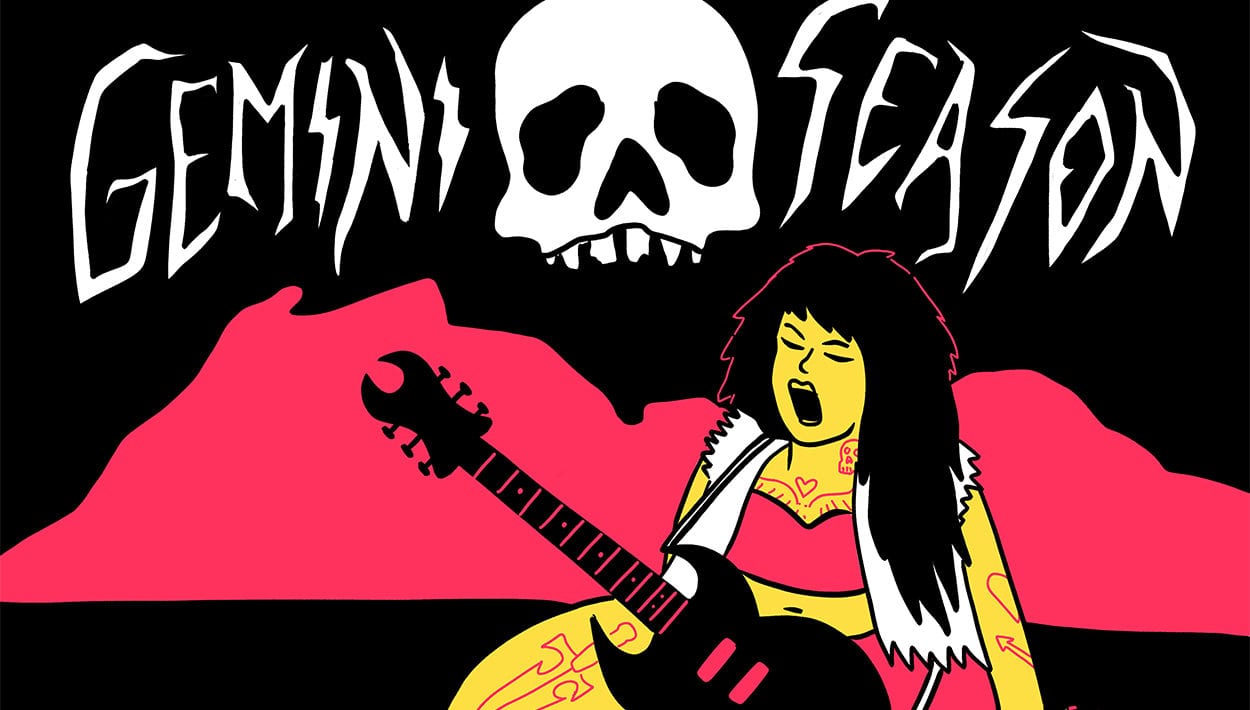
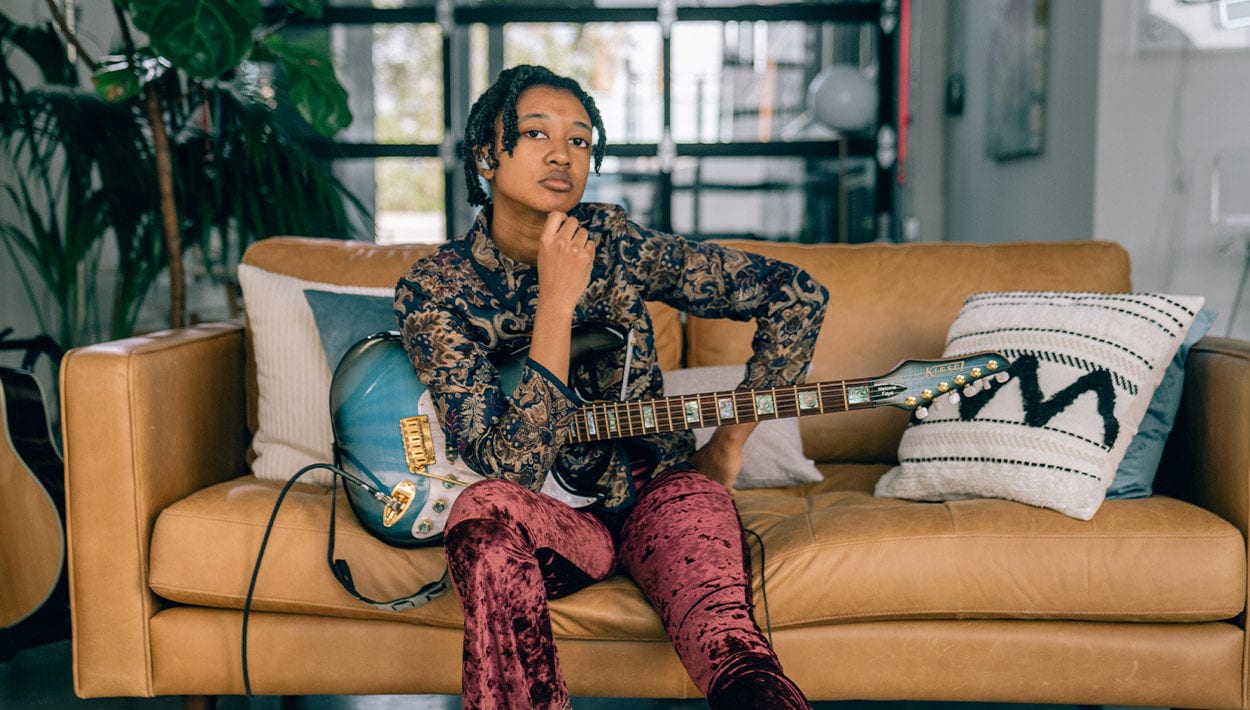
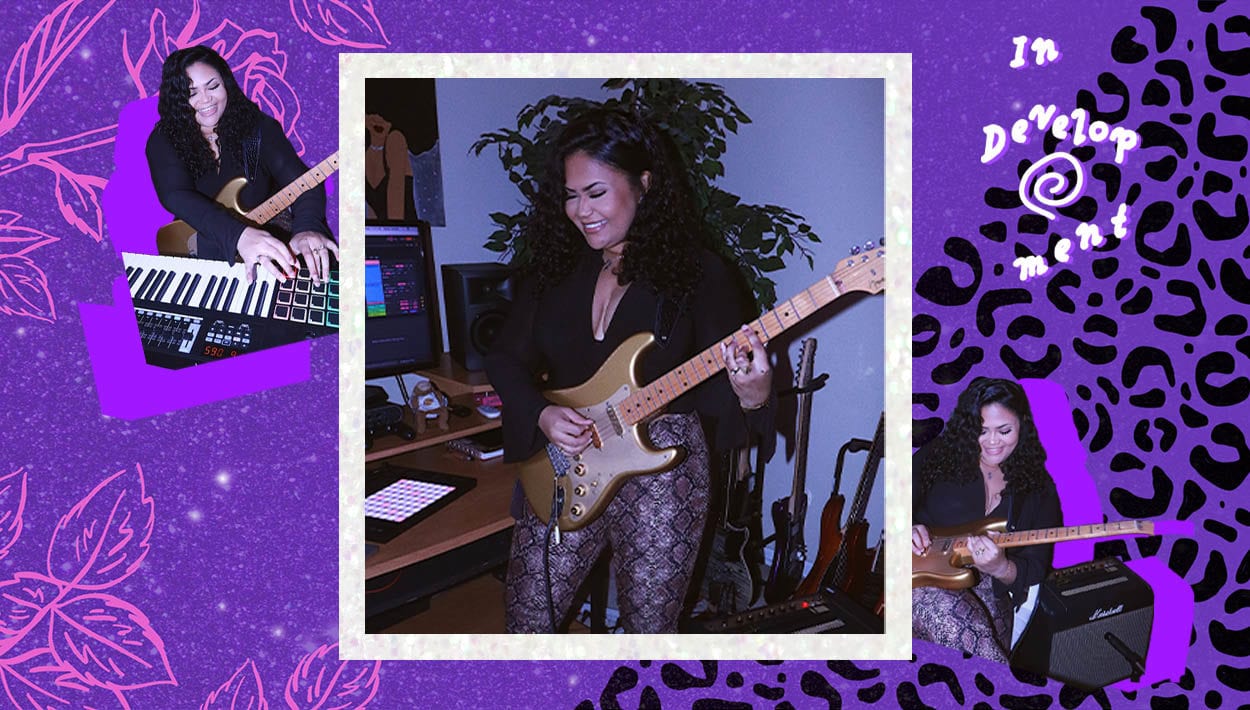
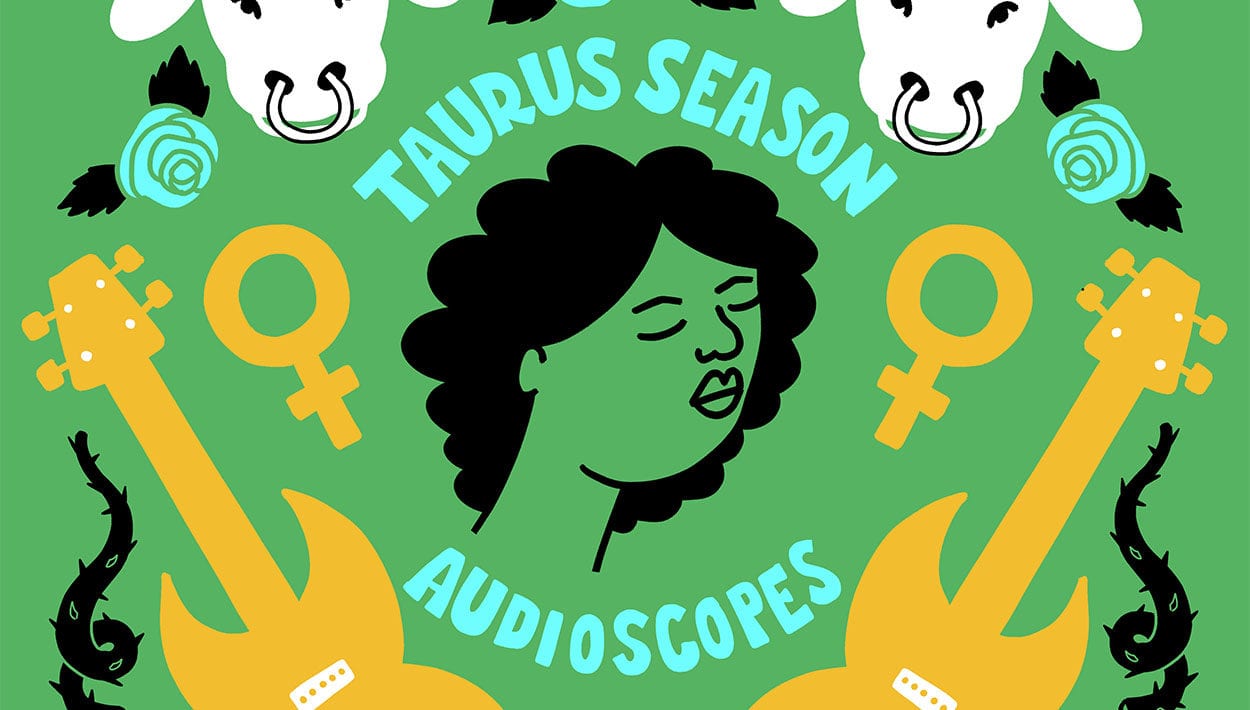


Comments
No comments yet